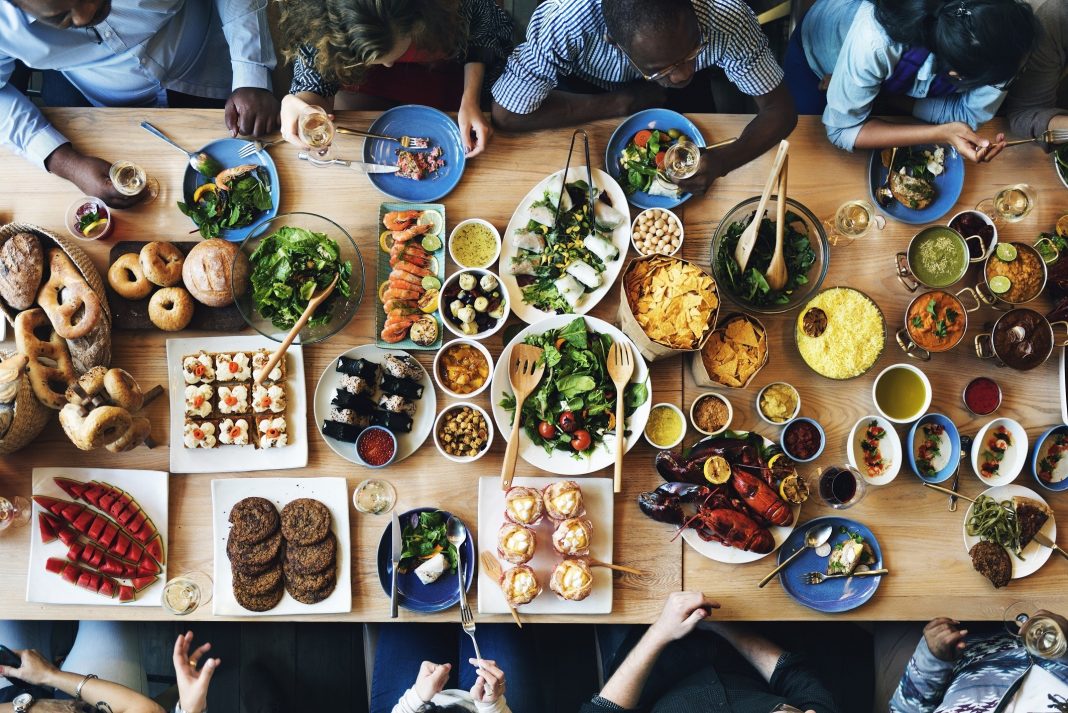In the intricate dance of international relations, where words and actions must be tread carefully, there exists a universal language that transcends borders and politics: food. Culinary diplomacy, an innovative approach to bridging cultural divides, leverages the power of cuisine to foster mutual understanding and respect among nations. This article explores the essence of culinary diplomacy, highlighting its significance and potential in today’s globalized world.
The Flavor of Diplomacy
Culinary diplomacy, or gastrodiplomacy, is the art of winning hearts and minds through the stomach. It embodies the concept that sharing a meal can open doors to dialogue, soften tensions, and build bridges in a way that formal diplomacy sometimes cannot. From state dinners that feature a host country’s culinary delights to international food festivals that celebrate diverse cultures, culinary diplomacy offers a palatable means to promote peace and international cooperation.
Historical Bites
The roots of culinary diplomacy stretch back centuries, when royal feasts were held to mark alliances and treaties. In modern times, countries like Thailand and South Korea have implemented gastrodiplomacy programs, aiming to enhance their national identity and foster goodwill by globalizing their cuisines. The United States, too, has recognized the power of food in foreign policy, with the U.S. Department of State launching the Diplomatic Culinary Partnership initiative in 2012 to elevate the role of culinary engagement in America’s formal and public diplomacy efforts.
The Ingredients of Understanding
Cuisine is a reflection of a country’s history, geography, and soul. By experiencing a nation’s food, people can gain insights into its culture, values, and traditions, breaking down stereotypes and building empathy. Culinary diplomacy events often feature dishes that tell stories of migration, trade, conquest, and fusion, serving as conversation starters about shared histories and mutual interests.
A Recipe for Peace
Beyond fostering cultural understanding, culinary diplomacy can contribute to peace-building efforts. Food has the power to bring conflicting parties to the table—literally and figuratively. In regions torn by conflict, joint culinary ventures and food festivals can create neutral grounds where people from opposing sides can meet, share experiences, and find common ground. These gastronomic experiences can humanize “the other,” paving the way for dialogue and reconciliation.
Challenges on the Menu
Despite its potential, culinary diplomacy faces challenges. There is the risk of oversimplification, where complex cultures are reduced to stereotypical dishes, potentially reinforcing rather than dismantling cultural clichés. Moreover, accessibility issues may arise, as high-level diplomatic dinners and international food festivals are often out of reach for the general public, limiting the scope of culinary diplomacy’s impact.
Savoring Success
Yet, the successes of culinary diplomacy are tangible and heartwarming. From the Kimchi Diplomacy that soothes tensions on the Korean Peninsula to the Israeli-Palestinian culinary projects that promote coexistence, food has proved its worth as a peacemaker. These initiatives not only highlight the potential of cuisine as a diplomatic tool but also inspire hope for a future where understanding and cooperation can flourish over a shared meal.
Conclusion: The Future of Culinary Diplomacy
As the world becomes increasingly interconnected, the appetite for authentic cross-cultural experiences grows. Culinary diplomacy, with its ability to engage senses and emotions, offers a unique and effective avenue for fostering global understanding. By highlighting our commonalities and celebrating our differences, culinary diplomacy can contribute to a more peaceful and united world, one dish at a time.
In embracing culinary diplomacy, we acknowledge that despite our diverse backgrounds, we all gather around the table to eat, share stories, and connect. In the end, it may just be that the path to world peace could be paved with recipes handed down through generations, cooked with love, and shared with an open heart.

